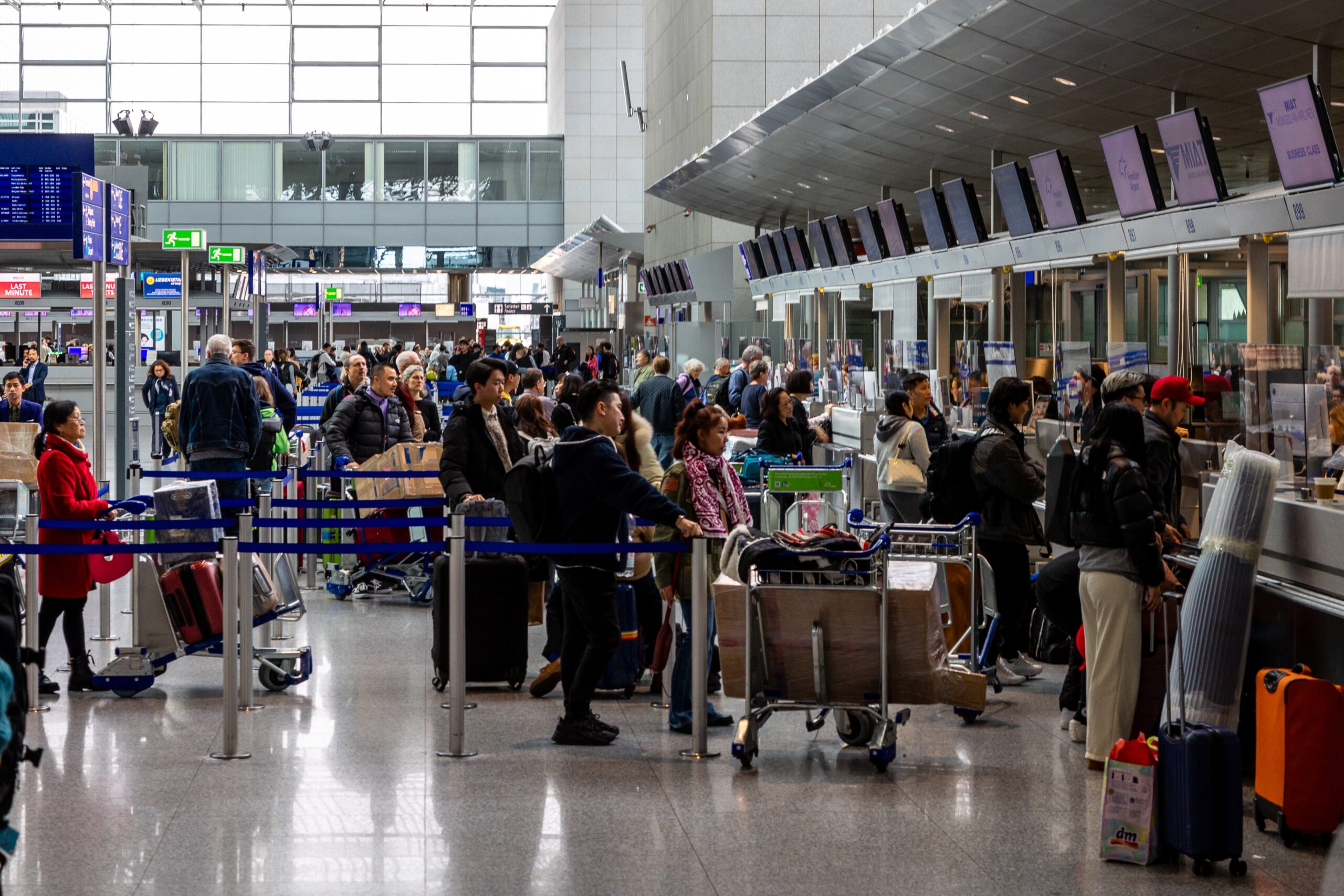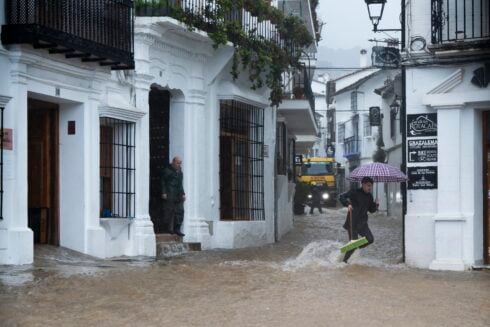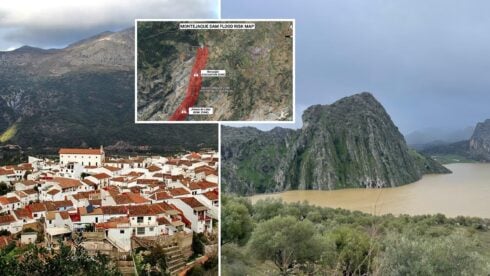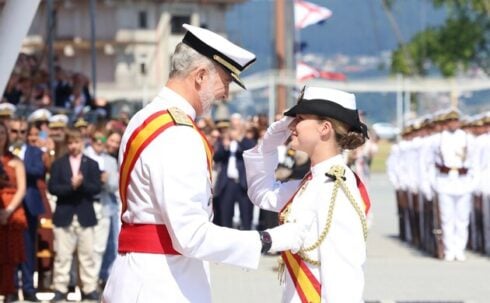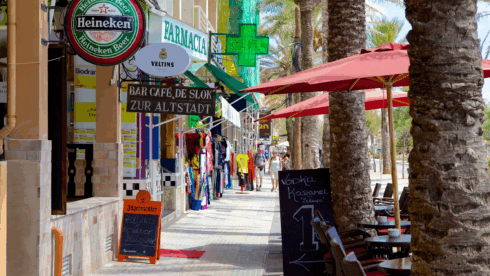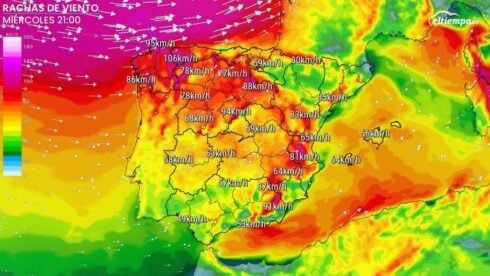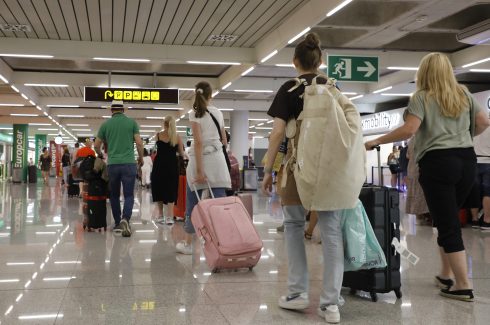AIRPORT workers have struck back at claims they are to blame for the wave of delays and cancellations that have brought summer travel to a standstill across Europe.
Instead, in a scathing new report, they accused airlines of pushing the system to breaking point by trying to operate with skeleton staff and constant corner cutting.
The European Transport Workers’ Federation (ETF) says flight disruption is being driven not by its member’s strikes, but by a crisis of staff shortages, unrealistic scheduling, and years of cost-cutting by airlines and air traffic managers.
READ MORE: Ryanair hits passenger record in Spain despite regional airport axe and route closures
It cites ‘absurd turnaround times’ – some as low as 25 minutes between landing and takeoff – are creating a domino effect of delays, while skeleton staffing levels at every stage of the journey leave no margin for error, the report claims.
The union argues that without urgent investment in people and better regulation of airline practices, strikes and delays will only become more frequent.
While air traffic strikes have disrupted travel across Spain, France, Germany and Italy in recent weeks, grounding hundreds of flights and leaving holidaymakers stranded, workers say they are being scapegoated.
READ MORE: Spain climbs past Germany to become EU’s number one asylum destination
According to Eurocontrol data cited in the report, only 2.35 minutes of the average 21-minute flight delay last summer were linked to air traffic capacity issues.
Most delays were down to knock-on effects triggered by the airline’s cost-cutting practices.
In Spain, the disruption has been particularly acute. Dozens of flights were cancelled or delayed at Malaga, Palma and Barcelona airports last week as industrial action on the continent rippled across the network.
Budget carriers were forced to scrap services at short notice, with families missing holidays or footing the bill for alternative travel.
READ MORE: MISSING PERSON: American man reported missing in Spain while hiking in the Pyrenees
But ETF says the bigger picture is being ignored.
“There is a structural shortage of air traffic controllers and ground staff right across Europe,” the federation warned. “The EU’s cost-efficiency targets have blocked investment in recruitment and retention for years.”
It also criticised the EU’s reliance on automation, noting that €1.3 billion of public money has gone into high-tech systems that have failed to deliver the promised results.
“The bet on technology has failed,” the report states bluntly.
Click here to read more Travel News from The Olive Press.

